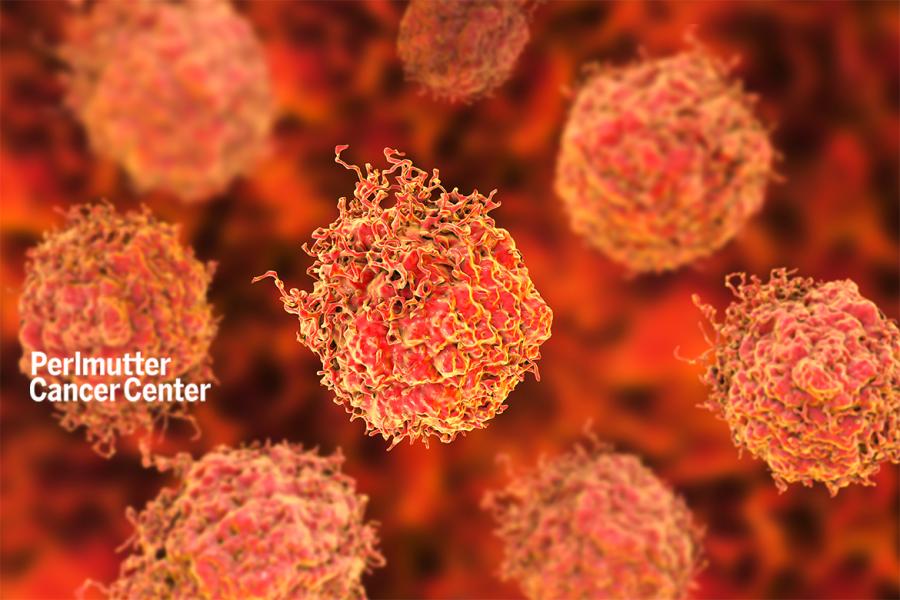Department of Biochemistry & Molecular Pharmacology

The Department of Biochemistry and Molecular Pharmacology at NYU Langone Health has a rich and distinguished history and maintains active research programs in epigenetics, genome integrity, protein degradation, cell cycle control, drug design, and cancer biology.
Research interests in the department include single-molecule and crystallographic investigations of protein macromolecules, analysis of the molecular basis of cell division, and the elucidation of the cellular signaling pathways involved in growth control and DNA repair. In the following videos, faculty members in the Department of Biochemistry and Molecular Pharmacology highlight the innovative research taking place in their labs.
Our faculty have received an average of $22.5 million in funding each year for the past 5 years. This funding comes from an array of federal and private sources, including the National Institutes of Health, the Howard Hughes Medical Institute, the American Cancer Society, the U.S. Department of Defense, and the New York State Department of Health.
We invite you to learn more about our faculty, educational programs, and events.
BRCA2 prevents PARPi-mediated PARP1 retention to protect RAD51 filaments
Read More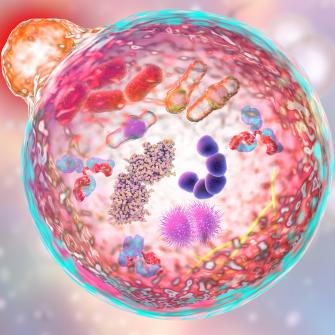
The structure of a virus-encoded nucleosome
Read More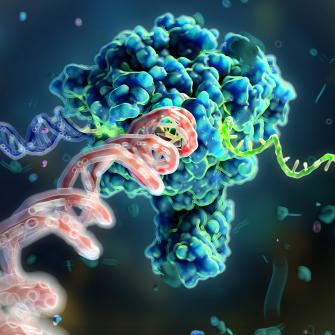
Stabilization of GTSE1 by cyclin D1-CDK4/6-mediated phosphorylation promotes cell proliferation with implications for cancer prognosis
Read More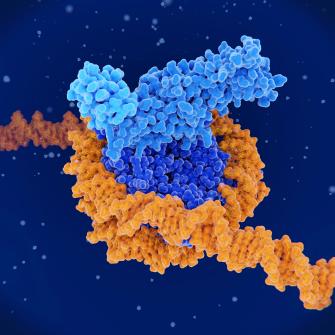
Faculty

Education
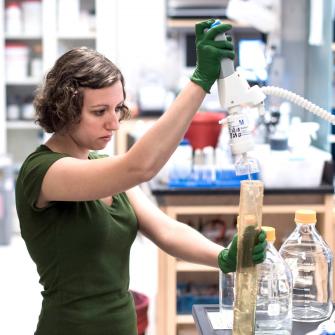
Events

Related News

Experimental Compound Shows Promise for Rare Disease

Mechanism Rewires Metabolism for Weight Loss

Gift Paves Way for Future Biomedical Breakthroughs

Vital Genetic Mechanism Detailed

Newfound Role for Cancer Gene Could Improve Key Drug Class

New Biologic Could Target Cancer-Causing Proteins
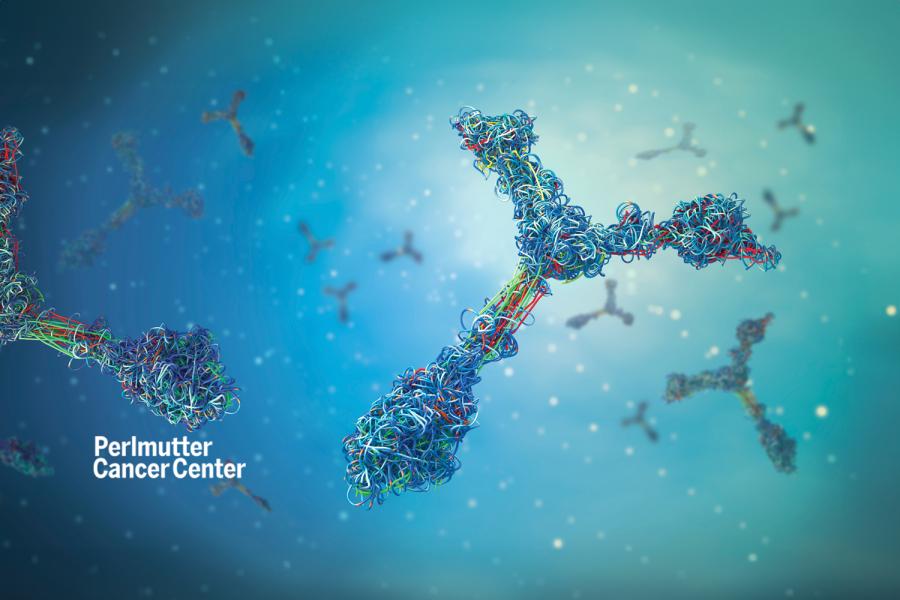
New Strategies Revealed to Treat Cancer, Autoimmune Diseases

Genetic Change May Explain Why Humans Don’t Have Tails

Technique Reveals Widespread Genetic Regulatory Mechanism

New Tool Reveals Gene Behavior in Bacteria
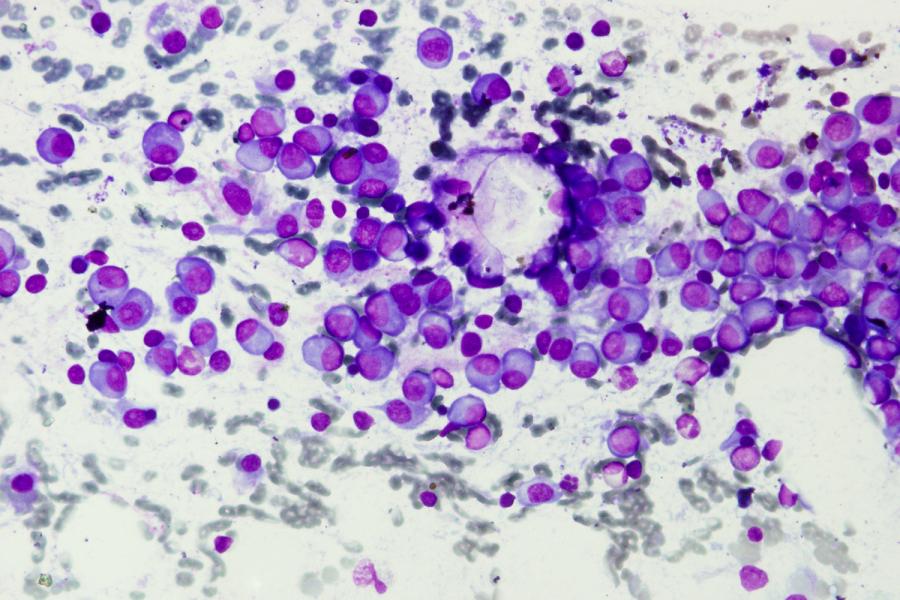
New Hybrid Treatment Forces Cancer Cells to Starve
